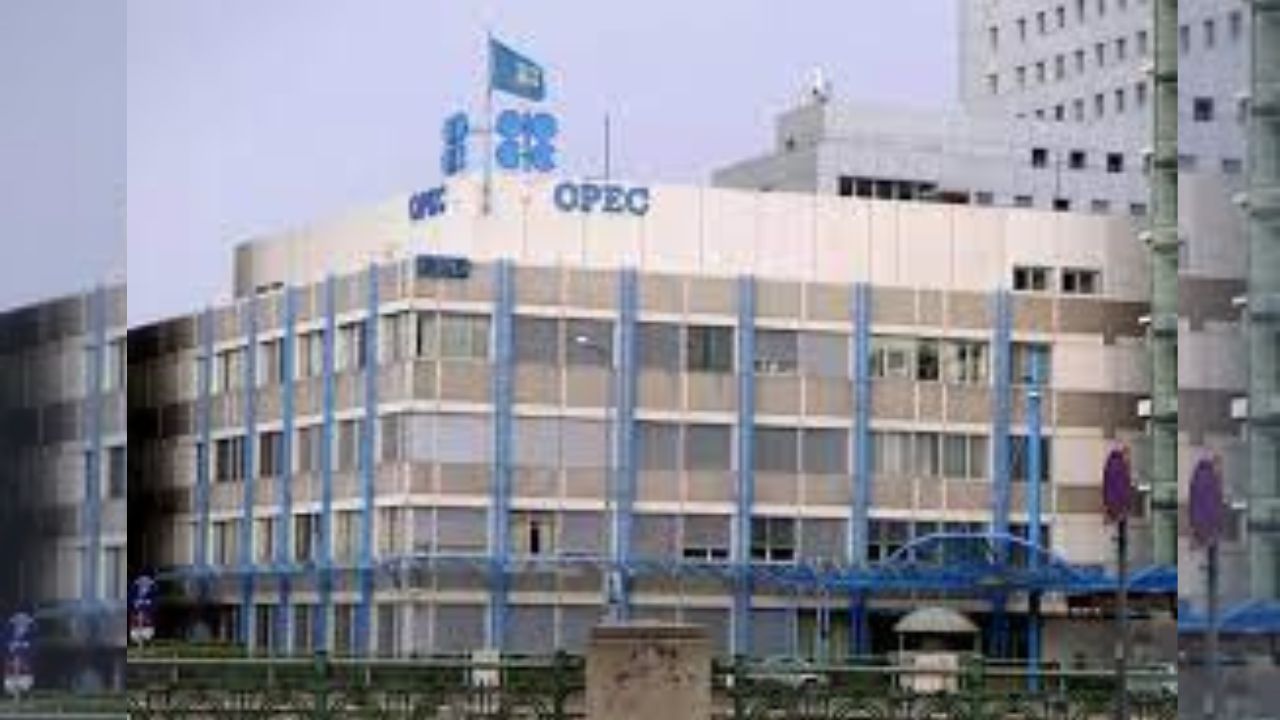Africa (Commonwealth) _ After the group of oil-producing countries had to postpone a crucial meeting due to differences over those objectives, OPEC+ has reportedly come closer to reaching a deal with African oil producers on 2024 output levels, four OPEC+ sources told Reuters.
Angola and Nigeria, two OPEC members, wanted to be able to produce more oil, officials told the media recently.
Oil prices fell precipitously after the Organization of the Petroleum Exporting Countries and its allies, including Russia, decided to postpone their summit from November 26 to November 30. However, they have now rebounded, with Brent oil prices surpassing $81 a barrel on Friday. OPEC said on Thursday that the meeting will take place remotely.
According to a trustworthy source on the matter, there is a 99% chance that OPEC+ will be able to come to a consensus on November 30. An “understanding has been reached” over the African producers’ issue, according to a second source. Two more sources indicated that a deal was almost reached.
Gabriel Tanimu Aduda, Nigeria’s OPEC governor, told Reuters on Thursday that he was unaware of any disputes with other OPEC+ members on his nation’s output goals. Following years of not fulfilling the prior standards, OPEC+ members Nigeria and Angola were among many nations’ assigned lower targets at the June conference.
According to estimates from reliable sources that OPEC referenced, Angola was not producing as much as it was supposed to in 2024 as of October. Nigeria is producing almost as much as its 1.38 million bpd 2024 allotment, but less than the 1.58 million bpd 2024 level that is being evaluated for it pending independent reviews.
According to a number of analysts, in order to keep prices stable, OPEC+ may prolong or even intensify its oil production restrictions into the upcoming year. Additionally, the market is watching to see if Saudi Arabia extends its voluntary production reduction of an extra 1 million barrels per day, which is scheduled to expire at the end of December.
Also Read:
AFRICA’S ENERGY OPERATIONS NEED TO BE REORGANIZED FOR THE FUTURE; SEPLAT
THE US-AFRICA PROGRAM SHOULD BE EXTENDED UNTIL 2041, DEMOCRATIC SENATOR
In the past, African members have lobbied for greater production baselines and have been accused of not meeting their quotas, especially after widespread OPEC cuts. Due to low output, cutbacks have not been implemented in African nations, although the UAE has been advocating for a baseline increase. Attendee: “This is a fight for interest.”
However, according to some reports, African members will discuss strategies in order to have “a more unified strategy” before to the next meeting, perhaps over a video chat. There may also be involvement from the African Petroleum Producers’ Organization. Talks like this would help “really harness an African position,” one person remarked.
Notwithstanding the conflict, African delegates maintain that joining OPEC still makes sense since it gives their economies tremendous exposure to investors and boosts oil prices.
As the continent with the lowest percentage of greenhouse gas emissions worldwide, Africa should be treated equally when tackling global climate concerns, according to OPEC Secretary General Haitham Al Ghais on Tuesday.
Speaking at an energy conference in Cape Town, the chairman of the Organization of the Petroleum Exporting Countries (OPEC) stated that more cooperation and assistance was required for Africa since the continent’s oil consumption is predicted to increase by about 80% between now and 2045.
In September 1960, five countries—Iraq, Iraq, Kuwait, Saudi Arabia, and Venezuela—signed an agreement that established the Organization of the Petroleum Exporting Countries (OPEC) in Baghdad, Iraq. They were to become the Organization’s Founder Members. The Organization now has thirteen member countries in total.
The OPEC Statute makes a distinction between the countries that have been approved as Full Members by the Conference and the Founder Members. OPEC’s first five years of operation were spent with its headquarters located in Geneva, Switzerland. This was transferred on September 1, 1965, to Vienna, Austria.








